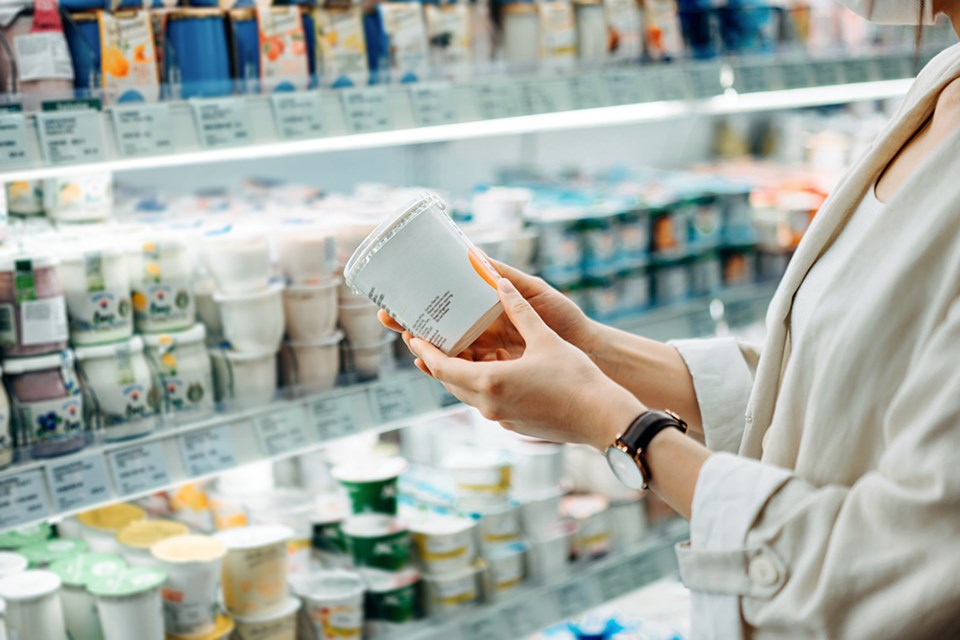With the multitude of micro-decisions we’re called to make daily, keeping up to speed on the latest greenwashing schemes can be taxing. Product labelling vies for our attention, but does it also lie?
Scanning the shelves to cross the next item off our shopping list might have us overlooking the fine print. With promises such as flushable, all natural, non-toxic, recyclable, biodegradable and eco-friendly, it’s hard to discern the greenwashed from the green. In a profit driven, linear economy, the bottom line is what counts.
Wastewater treatment plants are inundated with so-called flushable wipes. Unfortunately, just because something can be flushed, doesn’t mean it should be. Rather than degrade like toilet paper, wipes remain intact and create pipe blockages both in household and municipal plumbing.
When wipes encounter household grease, tampons and other non-flushables, they create “fat-burgs,” which are as gross as they sound. Wipes clog pipes and should be disposed of in the garbage. When a face cloth or tissue would do instead, they are more earth-friendly options.
Despite popular belief, packaging and products with a triangular recycling symbol on them are not necessarily accepted in local depot or curbside programs. While they may technically be possible to recycle, there may not be a free program for them. This is the case for some common plastic household products like toothbrushes, lawn chairs, garbage bags, camping plates, drill cases and kids’ sippy cups.
BC residents do, however, have the good fortune of access to free recycling for plastic bags (nearly a thing of the past), styrofoam takeout containers (also a dinosaur), electronics, small appliances, most plastic containers for food, cleaners and personal care products. If in doubt about where to drop these off, check out Powell River’s Waste Wise Guide online or download the qathet Waste Wise app to search the local Waste Wizard.
Quick fixes are rare when problems are systemic. Compostable plastics, while appealing, have no reliable places in our current composting and recycling systems. Instead they are, rather shockingly, most often destined for the landfill.
While in theory packaging labelled as certified compostable is meant to break down into food for the soil, in practice this rarely occurs. Most composting facilities can turn organics into compost in less than a month, but compostable plastics can take up to 18 months to do so. The likelihood of facility staff being able to distinguish between regular plastic and compostable while materials have been compressed in a truck and then zipped along a conveyor belt for processing is low.
To add insult to injury, when compostable plastics make their way into the recycling bin, they contaminate the plastic pellets that are produced, resulting in lower quality plastic resins that will degrade faster than designed.
Biodegradable used to be a sexy word for planet lovers. Instead of degrading into food for the microorganisms in the soil web, however, plastics with this label simply break down into smaller pieces of themselves – aka microplastics. Sigh.
Corporations are motivated to increase sales while decreasing costs. This often means more hype than quality. Limit your exposure to greenwashing by buying less, buying bulk and questioning the to-good-to-be true labels of flushable, biodegradable and compostable plastic.
Let’s Talk Trash is contracted by qathet Regional District to offer its waste reduction education program. For more information, email [email protected] or go to LetsTalkTrash.ca.



